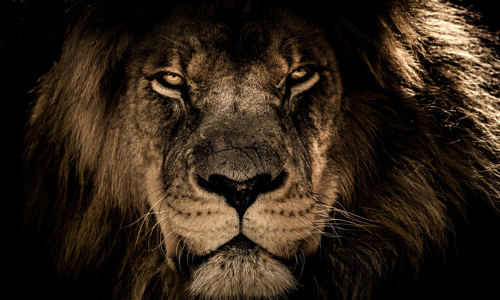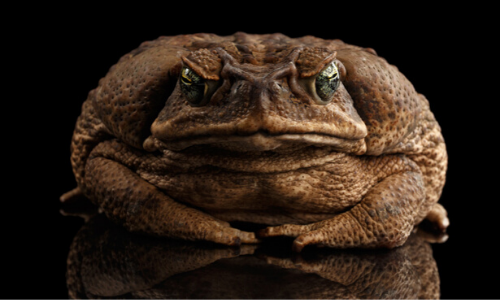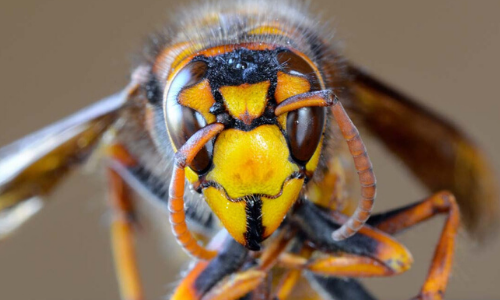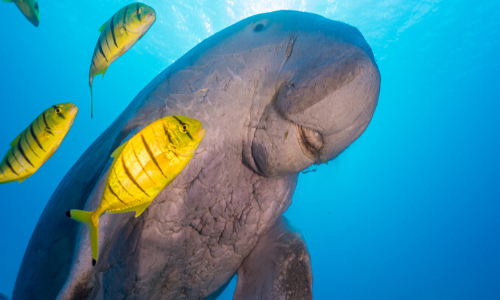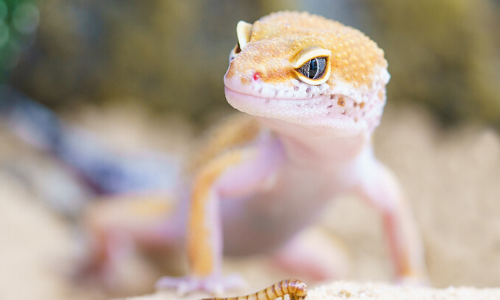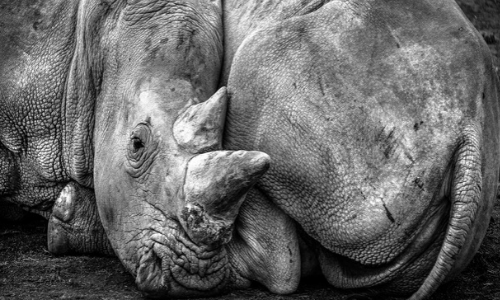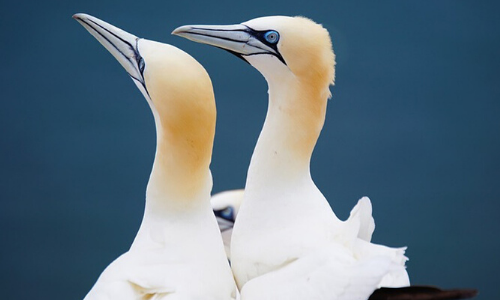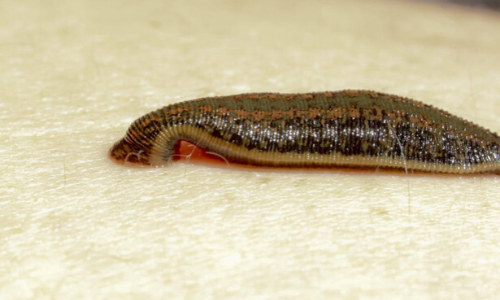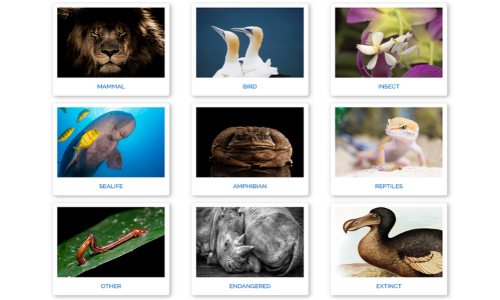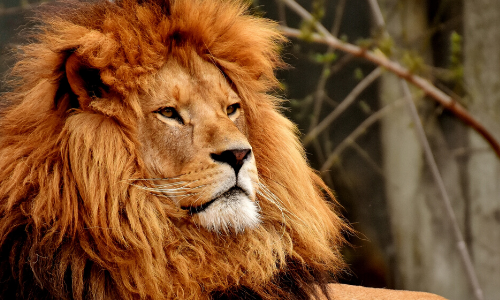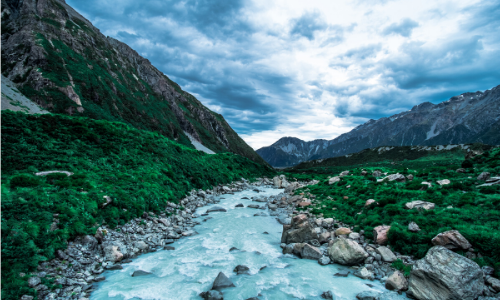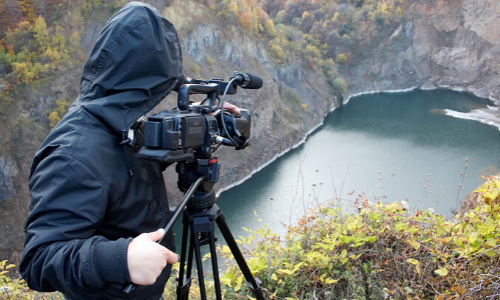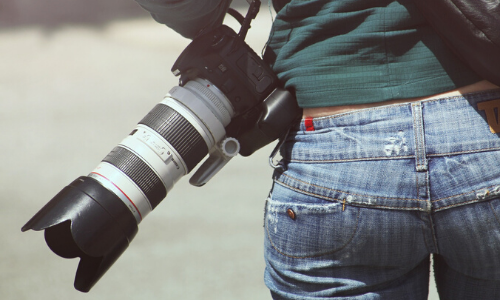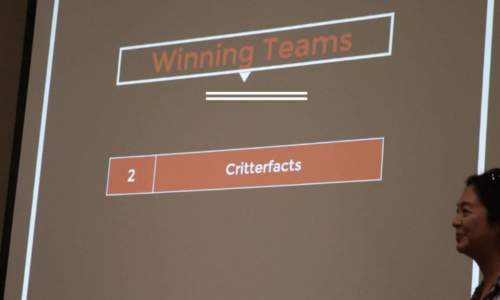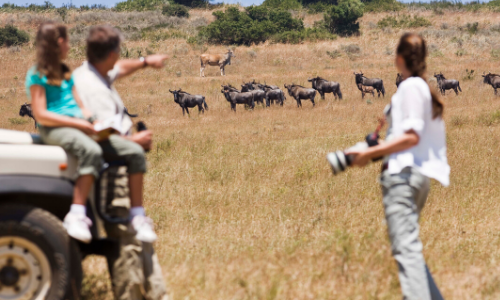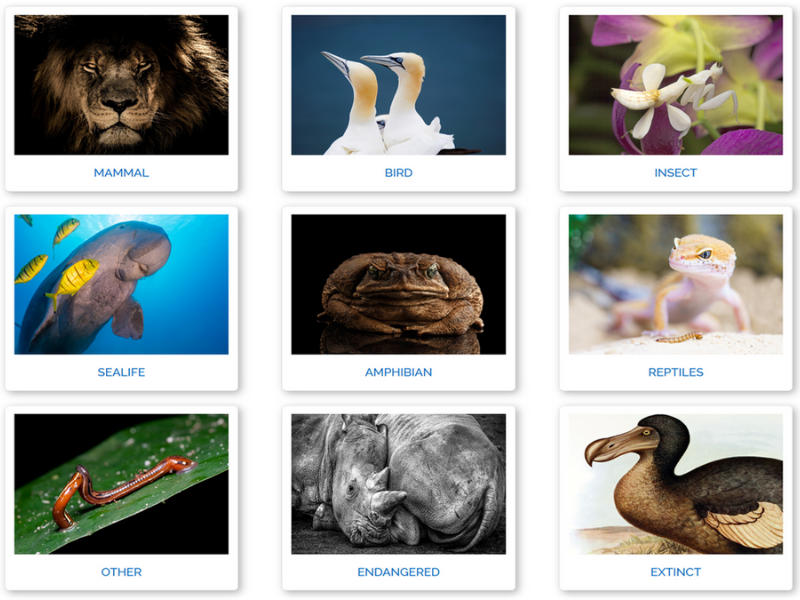Inhale, hold, exhale, repeat. Fresh oxygen fills my stomach first, then my intercostals, and finally my chest. Exhale, repeat. As I relax into this breathing cycle, my heart rate slows. A few minutes pass and I open my eyes to glimpse the flicker of light rays dancing on the distant surface below me. Fish dart in and out of the shadows. I take one final inhale, bend my knee, shift my weight forward, and duck-dive into the depths below. A minute and 45 seconds later I break the surface, take three deep recovery breaths, and signal to my buddy that I am okay.

This is freediving. A proper definition is simply: diving under the surface on a single breath without the aid of any equipment. But how have I trained my body to dive for almost two minutes and have a maximum breath hold of over three minutes? How are competitive freedivers able to reach over 300 feet of depth and hold their breath over six minutes? The answer stems from physiology, physics, and our evolutionary history.
In 1963 physiologist Per Scholander coined the phrase Master Switch of Life to describe the adaptations that allow us to dive for extended periods of time. It refers to a series of underwater survival mechanisms, or switches, common to some degree in all mammals, that happens when we submerge into the water. The first change that will occur is a decreased heart rate. Also called the mammalian dive reflex, your heartbeat will start to slow down just by submerging your face underwater, a state aimed at preserving oxygen. Next, blood vessels in your extremities constrict, rushing blood from your hands and your feet to your core.
This phenomenon, known as vasoconstriction, directs oxygenated blood toward the heart, brain, and other vital organs, allowing them to function for longer. With every meter below the surface, pressure builds, and the lungs shrink to a fraction of their size on land. The volume of gas varies inversely and proportionately with pressure – if double the pressure, the volume of gas will be compressed to half of what it was. Yet our body is able to counteract the increased outside water pressure during dives by enlarging blood vessels around the lungs. The deeper one dives, the more pronounced these transformations will be.

Freediving is truly an activity that balances seemingly dichotomous attributes: A blend between rigor and relaxation. A confident, successful diver must train to maintain mental fortitude and strict attention to detail, abiding by and expanding their body’s limits. At the same time, a freediver descends meters beyond the surface in a dream-like state, feeling a profound connection to the natural world.
Both of these aspects draw individuals to freediving. Whether it be a challenge or an escape, this is a sport that can be pursued competitively and recreationally. And if harnessing the Master Switch of Life and feeling more connected to the aquatic realm isn’t enticing enough, here are seven reasons to start freediving!
1. Freediving is a powerful natural high:
The sport of freediving has an emphasis on slowing down. As soon as your face hits the water your heart rate softens. As you begin to hold your breath, the passage of time seems to disappear. The result is a magical, meditative experience, where it feels as if time has stopped. Next time you get in the water, notice the changes to your body – you will relax, your pulse will fall, and you will just slow down.

2. You learn to identify your body’s signals:
There is always a risk of holding your breath too long. The way to avoid this is by understanding your body’s limits and gently pushing past your comfort zone. It is important to be extremely attentive to the way you are feeling to understand how you are performing during a dive. Learning signals throughout your body will guide you to diving deeper and longer or signal you to turn back toward the surface. Maintaining awareness of these signals and checking how your body is feeling can be applied to your physical and mental wellbeing in everyday life as well.
3. You experience more of the underwater realm:
A strong appeal of freediving is it does not require the bulky, noisy equipment associated with scuba diving. Without this robust exterior, you can have a closer, more intimate experience with the underwater world. There are no clunky tanks or boisterous bubbles to scare off marine life. When you’re freediving, you are part of their world. I have found wildlife to be more inclined to comfortably approach when one is freediving. For examples of marine critters you may have the chance to encounter while freediving, check out Critterfacts’ list of sea life!

4. You master your breath:
Breath control is a necessity for freediving. You learn to “breathe up” prior to your dive, hold it during your dive, and take recovery breaths after you surface. This focus on breath allows you to be in control of your body but also disconnected from the outside world. Mastering breathing is a great way to manage stress. The breathing techniques applied to freediving, such as deep, long, cleansing breaths, can be applied to everyday life as well.
5. There is an amazing community of freedivers:
This sport attracts a range of individuals from all over the globe. Some people enjoy the challenge, others are passionate water people, some use freediving techniques for research and science, others are competitors, and there are some people that love the water and freediving is how they choose to experience it. The freediving community are some of the most fascinating, passionate, and enjoyable people I have ever met that have a wealth of knowledge and stewardship of the underwater world.
6. You can visit incredible locations:
Pursuing freediving allows individuals to discover the many wonders of the underwater realm. Whether it be exploring shipwrecks, blue holes, and caverns or sharing the water with whales, turtles, fish, and countless invertebrates, freediving can take us to beautiful places all over the world. From diving into uncharted waters to exploring lakes, quarries, springs, or the sea in your own backyard, freediving allows an unparalleled journey into experiencing incredible places.
7. Anyone can do it:
Finally, the beauty of freediving is it is open to absolutely everyone, no matter one’s height, weight, gender, or ethnicity. And to be a freediver, you don’t need to dive to 300 feet or hold your breath for over six minutes…You simply need to submerge yourself into our blue world.
So, who’s ready to dive in? As one final message, just like any sport, participating requires precaution. To learn more about safety and to improve performance, consider taking a freediving course! And, most importantly, remember to always dive with a buddy.
Subscribe To Our Newsletter
Join our mailing list to receive the latest news and updates!

